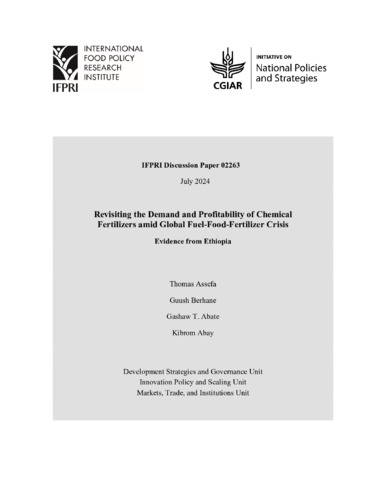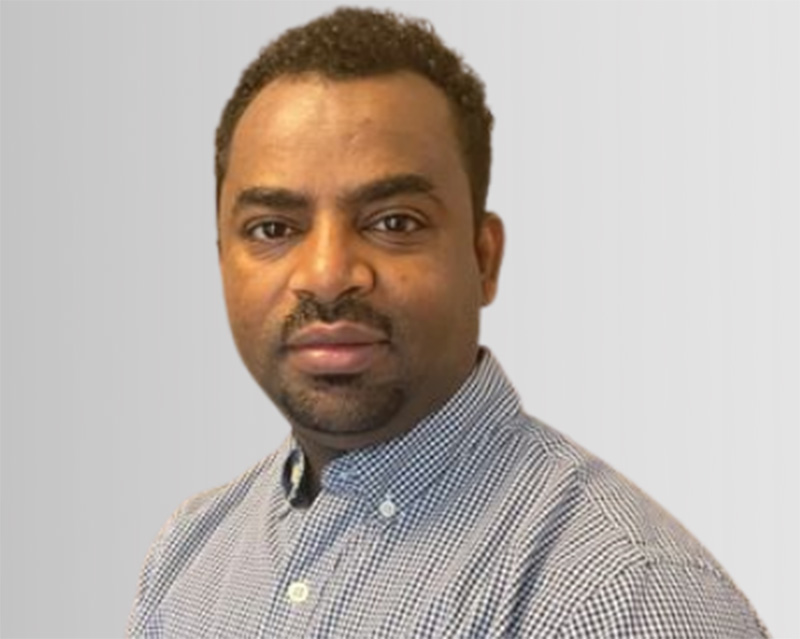Publications

Journal Article
Fertilizer demand and profitability amid global fuel-food-fertilizer crisis: Evidence from Ethiopia

Other
The impact of site-specific soil fertility recommendations: Experimental evidence from Malawi

Working Paper

Back
With research staff from more than 60 countries, and offices across the globe, IFPRI provides research-based policy solutions to sustainably reduce poverty and end hunger and malnutrition in developing countries.

researcher spotlight
Akhter Ahmed is a Senior Research Fellow in the IFPRI’s Poverty, Gender, and Inclusion Unit and Country Representative for IFPRI Bangladesh. He has worked on strategies for agricultural and rural development, social protection, and women’s empowerment to reduce poverty, food insecurity, and undernutrition in developing countries including Bangladesh, China, Egypt, India, Malawi, the Philippines, and Turkey.

Back
Since 1975, IFPRI’s research has been informing policies and development programs to improve food security, nutrition, and livelihoods around the world.

Back
IFPRI currently has more than 600 employees working in over 80 countries with a wide range of local, national, and international partners.

Thomas Woldu Assefa is an Associate Research Fellow in the Innovation Policy and Scaling Unit. He is a development economist whose research interests include agricultural technology adoption, rural development, agricultural transformation, behavioral economics, agricultural extension and advisory services, food and nutrition security, and survey methods and measurements. Most of his research involves experimental and quasi-experimental impact evaluation methods, and he has extensive experience in designing and implementing large-scale household surveys and randomized controlled trials. In his recent work, Thomas has focused on understanding smallholder farmers’ fertilizer adoption decisions and innovative methods to minimize measurement errors in development economics research.
Before joining IFPRI, he worked as a postdoctoral research fellow at the University of Georgia, as a consultant for the World Bank and the Food and Agriculture Organization of the United Nations (FAO), and as an IMMANA postdoctoral research fellow in a program administered by Tufts University. Thomas received his MSc from the Norwegian University of Life Sciences and holds a PhD from the University of Georgia, US.

Journal Article

Other

Working Paper